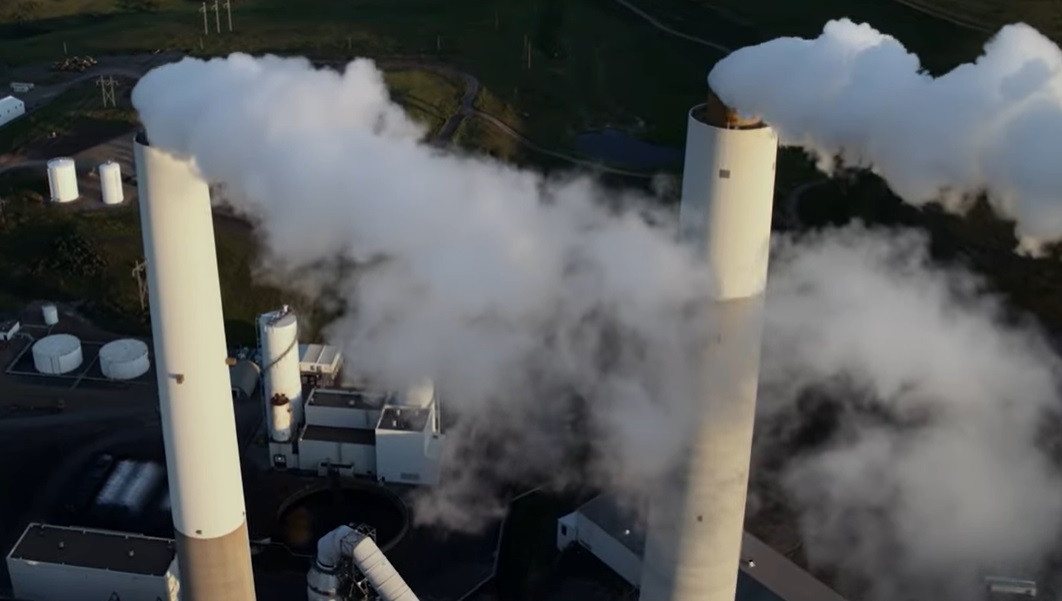
China Sets Tougher Regulations for Carbon Trading Market
China announced that Premier Li Qiang has signed new regulations for its carbon emissions trading system, including allocating responsibility to government ministries for overseeing and managing trading, and introducing stricter penalties for entities that falsify information, aimed at providing a legal framework for the country’s carbon market and strengthen control of greenhouse gas emissions in carbon intensive sectors.
The new regulations follow the launch by China in 2021 of its national carbon emissions trading scheme (ETS) – the world’s largest – forming part of China’s strategy to achieve its national climate goals, which include reaching peak carbon dioxide emissions by 2030 and carbon neutrality by 2060.
China produces more greenhouse gases (GHGs) than any other country, with emissions more than double those of 2nd place U.S. The ETS is one of the country’s key tools aimed at achieving its climate ambitions.
While the ETS currently focuses primarily on the power sector, responsible for approximately 40% of the country’s carbon emissions, the government is currently exploring the expansion of the system to other high-emitting sectors, including cement and aluminum.
Under the new rules, China’s ecological environment department is given responsibility for supervising and managing carbon emissions trading, including helping to determine the types of emissions and industries included in the system, and for formulating annual carbon emissions quotas based on national GHG emissions targets, as well as other economic, industrial and social factors.
Under China’s emissions trading system, each entity covered by the ETS is allocated a fixed amount of carbon emissions allowances, based on an industry benchmark for the type of energy production and site size, with entities able to buy more allowances on the ETS if they exceed their quota, or sell if they are under. Unlike most carbon trading systems which apply an absolute, and typically declining, emissions cap, at launch, China’s ETS applied an emissions allowance allocation to companies that adjusts over time based on actual production levels.
While allowances are currently granted on a free basis, with the new regulations in place, China said that it will implement a system of paid and free allocations, setting the stage for reduced free allocations in order to help support national emissions goals through the ETS.
The new regulation also sets stricter penalties for noncompliance with the ETS, introducing fines of up to 2 million yuan (USD$281,000) for violations including failure to calculate emissions in accordance with regulations, major flaws, omissions or falsifications in reported emissions data, or failure to submit samples for inspection.
The new regulations will be effective from May 2024.